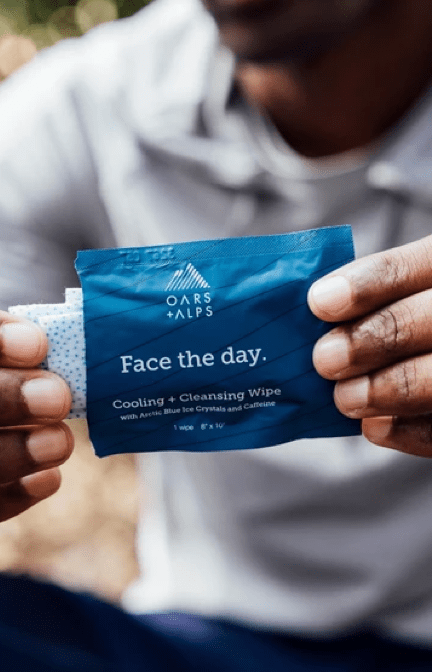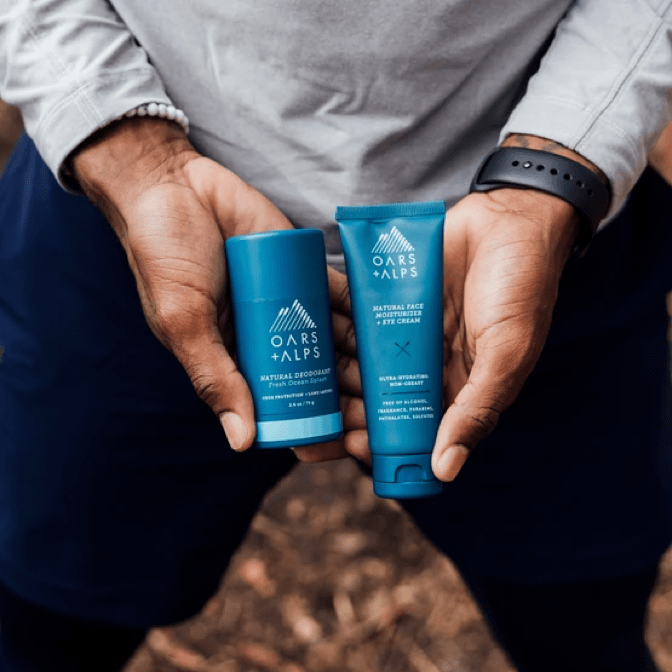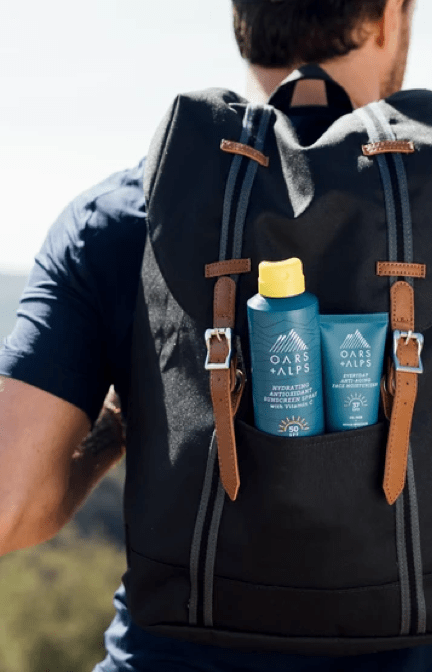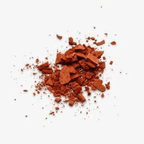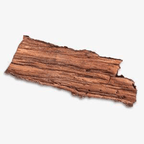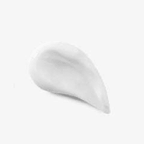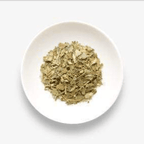Face Care Ingredients
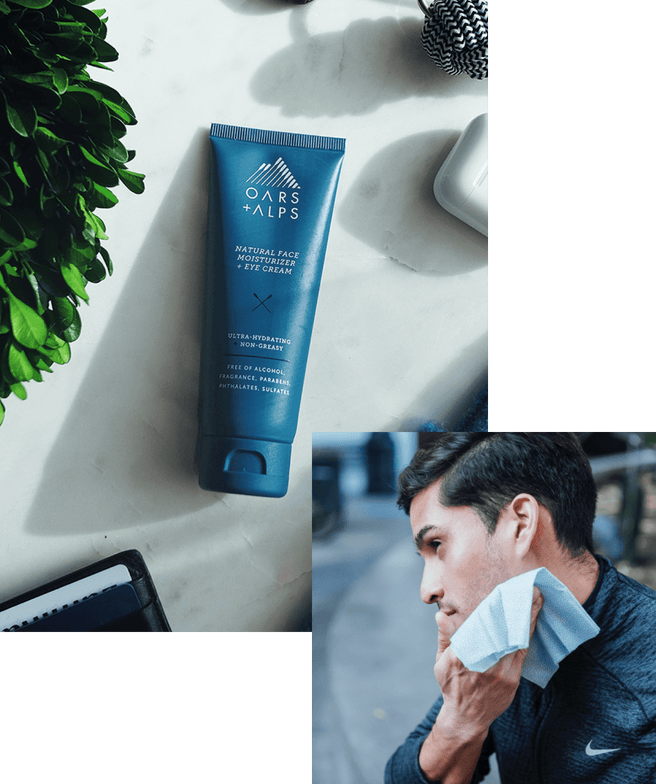
Face Care Ingredients 101
Guys have thicker skin than women, so they need ingredients that can penetrate deep without causing irritation. The skin around your eyes is the thinnest and most prone to show premature signs of aging. So it’s important to use only the best ingredients to keep your face clean, moisturized and youthful. Here’s what our face ingredients can do for your skin.
that's the issue or are men's products too harsh?
How Face Product Ingredients Should Help Your Skin
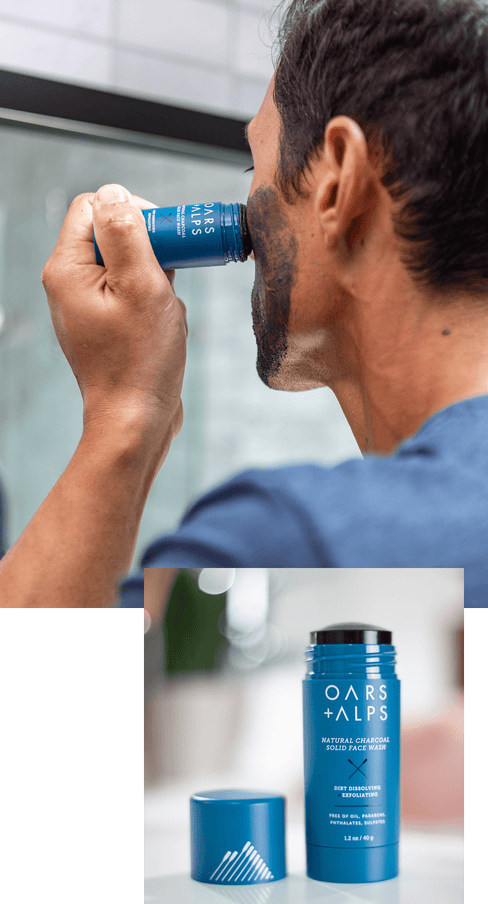
• Charcoal Powder
• Perlite
• Salicylic Acid
• Glycolic Acid
Exfoliate dead skin and buildup
Clearing away dead skin cells and oxidized sebum from your face is crucial to men’s skin health. As we get age, it’s harder for our body to turn over skin cells, yet sebum production doesn’t slow down until we’re in our 60s or 70s. Your skincare products should help the process along by using gentle exfoliants instead of harsh chemicals.
Is exfoliating good for your face?
Exfoliation is essential for men’s skin health and appearance. By removing dead skin cells, you reveal newer, younger-looking skin, prevent clogged pores and breakouts, and get more out of your other face products by allowing them to penetrate more deeply.
If you’re new to exfoliating, start by doing it once a week. Try our Solid Face Wash, which cleanses and physically exfoliates with a gentle scrub. If you find your skin could use a little more, try our Anti-Everything Pads, which chemically exfoliate your skin with gentle acids.
What are the best ingredients for skin exfoliation?
There are two types of exfoliation: physical and chemical. Physical exfoliants like Perlite, derived from volcanic rock, and Charcoal Powder have fine granules that make efficient exfoliants. Larger exfoliants like nut shells can damage skin. Chemical exfoliants break down the bonds between dead skin cells. We like Salicylic Acid and Glycolic Acid, an alpha hydroxy acid found in sugarcane, apples, and citrus fruits.
Maintain Moisture and Balance Oil Levels
Every product you use on your face should help maintain proper levels of skin moisture and hydration—it’s essential to your skin’s health. However, many products today strip your skin of its natural moisture without replacing it, which can lead to discomfort, redness, blemishes, and even chronic skin conditions like eczema and dermatitis.
Why does your skin need moisture?
Your skin needs moisture to protect it from harmful bacteria and pollution so it can create a protective barrier. That not only keeps harmful bacteria from growing, but also keeps moisture inside to help skin regenerate faster and keep it firm and elastic. Proper moisture balance also helps prevents common issues like dryness and tightness.
Which skin care ingredients maintain moisture and balance oil levels?
When it comes to skin moisture, Shea Butter and Jojoba Oil are effective, time-tested ingredients you’ll find in several of our products. We also use Hyaluronic Acid, which can carry up to 1000 times its weight in moisture and deliver that to your skin. Our Soothing Shave Cream has Coconut and Olive Oils that work to restore hydration. Our lip balms use moisture-rich Beeswax.
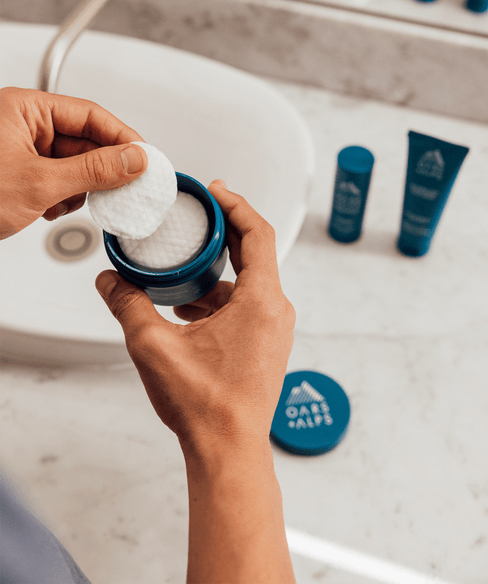
• Shea Butter
• Jojoba Oil
• Aloe Leaf Extract
• Coconut & Olive Oils
• Hyaluronic Acid
• Beeswax
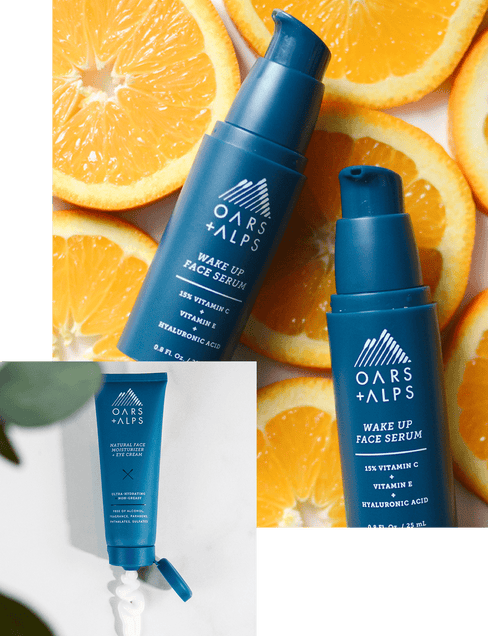
• Vitamin C
• Alpine Caribou Moss™
• Barley Seed Extract
• Vitamin E
• Green Tea Extract
Prevent Premature Signs of Aging
Our face products are proof that the right skincare ingredients can keep your skin healthy and younger-looking at the same time. Check the bottles in your bathroom. If your face products don’t have ingredients to keep you looking youthful, try ours. They’re formulated to fend off premature aging using effective, good-for-you ingredients.
What are the signs of premature aging?
Premature signs of aging can take many forms, including wrinkles, lines, sagging skin, sunspots, and hyperpigmentation. These can cause a guy’s appearance to look beyond his actual age. But with the right ingredients, you can prevent and even reverse some of these issues.
Which skin care ingredients help prevent signs of aging?
Our products approach men’s anti-aging from a few different angles. We use antioxidants from Vitamin E and Alpine Caribou Moss™ (a lichen harvested from the Arctic Circle) to fight off free radicals (oxidized particles that can lead to aging and even cancer). We also use Barley Seed Extract and Green Tea Extract for their anti-aging properties. And the list wouldn’t be complete without Vitamin C, one of the most effective anti-aging ingredients, capable of resurfacing your skin and fighting hyperpigmentation. A potent form of Vitamin C makes up 20% of our Wake Up Face Serum formula.
Stimulate Collagen
Why is collagen important? Think of it as the building blocks of your skin, allowing it to feel firm and plump, not saggy. Your skin’s collagen production slows as you age, but you can stimulate the process with the right ingredients.
What does collagen do for your skin?
Collagen is an essential protein that provides men’s skin with structure. Studies have shown it can also improve your skin quality and muscle function.
Which ingredients help to stimulate collagen?
You can stimulate collagen production with ingredients like fruit-derived Glycolic Acid, found in our Anti-Everything Pads. Vitamin C has also been shown to boost collagen production; you'll find that in our Wake Up Face Serum. Shea Butter also aids in tissue cell regeneration. We include that in our Face + Eye Cream.
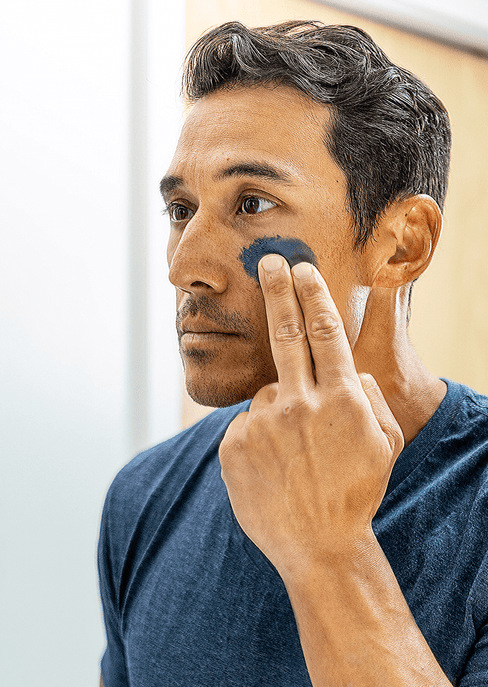
• Glycolic Acid
• Vitamin C
• Shea Butter
Our Powerful, Clean Ingredients
-
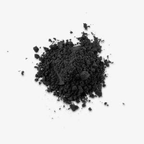 Activated Charcoal
Activated CharcoalAbsorbs impurities up to
200x its weight and helps
prevent acne. Also
functions as an exfoliant. -
 Aloe Vera
Aloe VeraSoothes and hydrates skin
without clogging pores. -
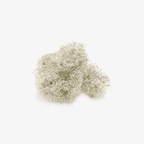 Alpine Caribou Moss™
Alpine Caribou Moss™Reduces the effect of aging
and guards against pollution
and other stressors. Featured
in nearly all of our products. -
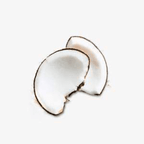 Coconut-Derived Surfactants
Coconut-Derived SurfactantsBreak down oils and fats
without stripping the skin
of its natural moisture. -
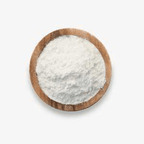 Corn Starch
Corn StarchWicks away moisture (i.e. sweat) and keeps your skin feeling smooth, dry and comfortable
-
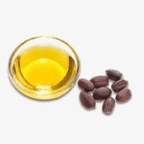 Jojoba Oil
Jojoba OilPrevents harmful, acne-causing bacteria growth. Softens dry and irritating spots and restores skin to a balanced condition.
-
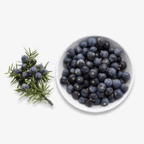 Juniper Berries
Juniper BerriesMildly buff away dead skin
cells and provide ultimate
cleanliness. -
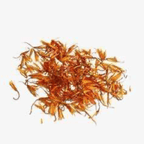 Safflower
SafflowerNon-irritating ingredient that prompts skin to retain moisture, while removing dirt and oil. Lends
skin a healthy glow and reduces the appearance of wrinkles. -
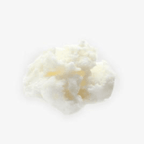 Shea Butter
Shea ButterHelps tissue cell regeneration, softens skin and boosts collagen production. Penetrates deep into skin to moisturize and prevent windburn, sunburn and dry, cracked skin.
-
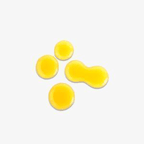 Vitamin E
Vitamin EBlocks free radicals—a major factor in aging—from the body. Helps reduce appearance of wrinkles and keeps skin looking youthful.
-
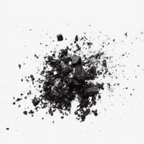 Volcanic Sand
Volcanic SandDeeply exfoliates skin while restoring skin vibrancy. Stimulates blood circulation.
-
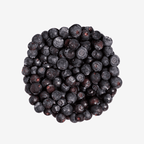 Blueberry Extract
Blueberry ExtractFilled with antioxidants that protect the skin from free radicals which contribute to signs of aging
Ingredients To Avoid In
Skincare Products
If you see these on the back of a label, try one of
our thoughtfully-formulated products instead.
-
Benzalkonium
ChlorideDisinfectant used as a preservative. Associated with severe skin, eye and respiratory irritation and allergies.
Typically found in: lipsticks, moisturizers,
diaper creams, and other cosmetics. -
Coal Tar
Byproduct of coal
processing that adds color
and prevents dandruff.
Known carcinogen.Typically found in: hair
dye, shampoo. -
Ethylenediaminetetraacetic
Acid (EDTA)Disinfectant used as a preservative. Associated with severe skin, eye and respiratory irritation and allergies.
Typically found in: lipsticks, moisturizers,
diaper creams, and other cosmetics. -
Ethanolamines
(MEA/DEA/TEA)Surfactants and pH adjusters.
Linked to allergies, skin toxicity,
hormone disruption and inhibited
fetal brain development.Typically found in: hair dyes, mascara,
foundation, fragrances, sunscreens, dry
cleaning solvents, paint, pharmaceuticals. -
Formaldehyde
Preservative in cosmetics—look for
quaternium-15, DMDM hydantoin, imidazolidinyl urea and several other preservatives. A known carcinogen that is also linked to asthma, neurotoxicity and developmental toxicity.Typically found in: shampoo,
body wash, bubble bath. -
Hydroquinone
Skin-lightening chemical
that inhibits the production
of melanin. Linked to
cancer, organ toxicity and
skin irritation.Typically found in: skin-
lightening creams. -
Methylisothiazolinone and
MethylchloroisothiazolinoneChemical preservatives.
Among the most common
irritants, sensitizers and
causes of contact skin
allergies.Typically found in: shampoo,
conditioner, body wash. -
Oxybenzone
Sunscreen agent and
ultraviolet light absorber.
Linked to irritation,
sensitization and allergies
and possible hormone disruption.Typically found in:
sunscreen, moisturizers. -
Parabens (methyl-, isobutyl-,
propyl- and others)Class of preservatives
commonly used to prevent the
growth of bacteria and mold.
Hormone disruptors, which
may alter important hormone
mechanisms in our bodies.Typically found in: synthetic fragrance, nail polish, hairspray, and plastic materials.
-
Phthalates (DBP, DEHP,
DEP and others)Class of plasticizing chemicals
used to make products more
pliable or to make fragrances
stick to skin. Believed to disrupt the endocrine system and may cause birth defects.Typically found in: synthetic fragrance, nail polish, hairspray, and plastic materials.
-
Retinyl Palmitate and
Retinol (Vitamin A)Nutrient that may damage
DNA and speed the growth of
skin tumors when used
topically.Typically found in: moisturizers, anti-aging skincare.
-
Sodium Lauryl Sulfate
and Sodium Laureth
Sulfate (SLS and SLES)Surfactants that can cause
skin irritation or trigger
allergies.Typically found in: shampoo, body wash, bubble bath.
-
Triclosan and
TriclocarbanAntimicrobial pesticides toxic
to the aquatic environment.
May also impact human
reproductive systems.Typically found in: lipsticks, moisturizers, diaper creams, and other cosmetics.
